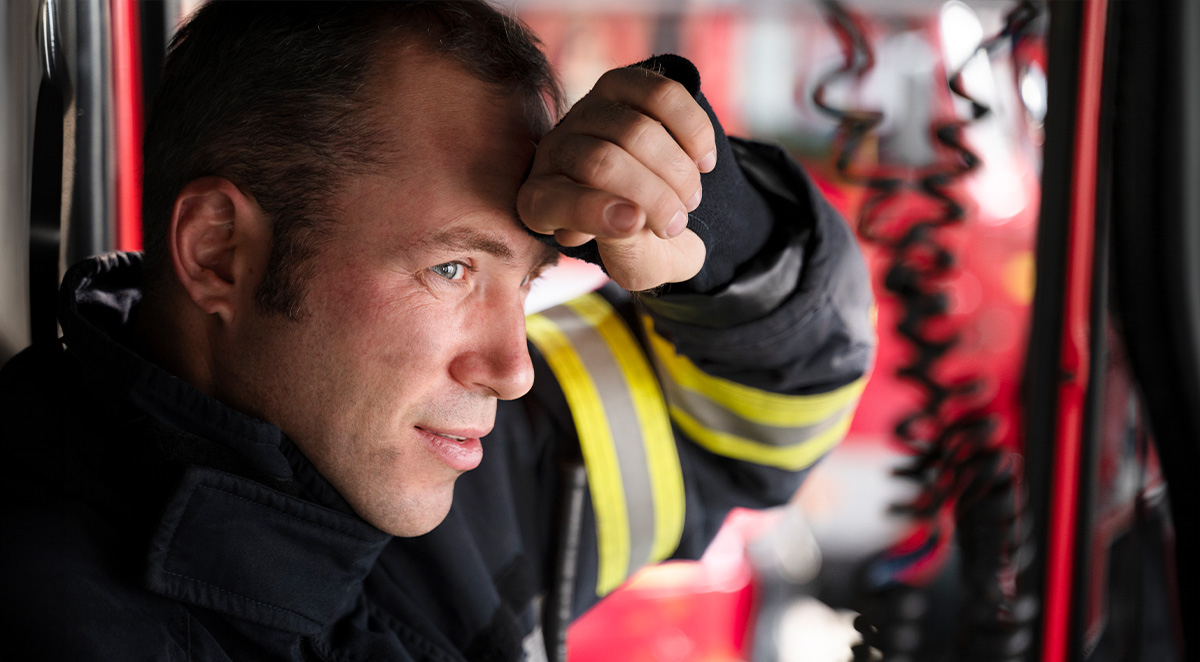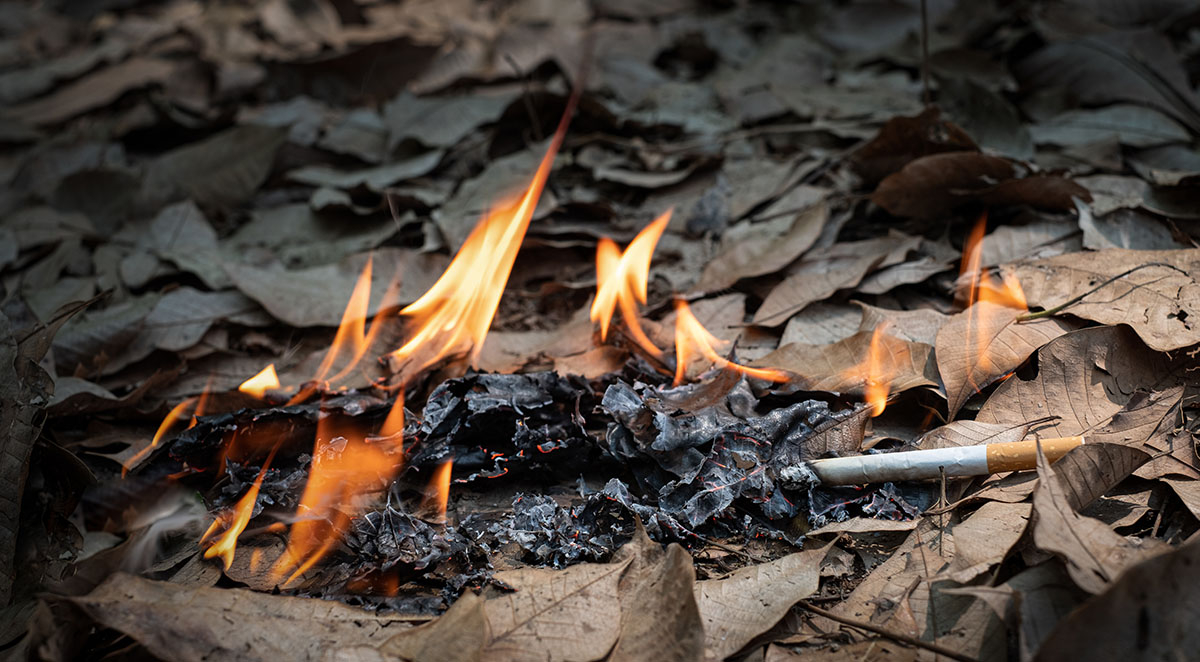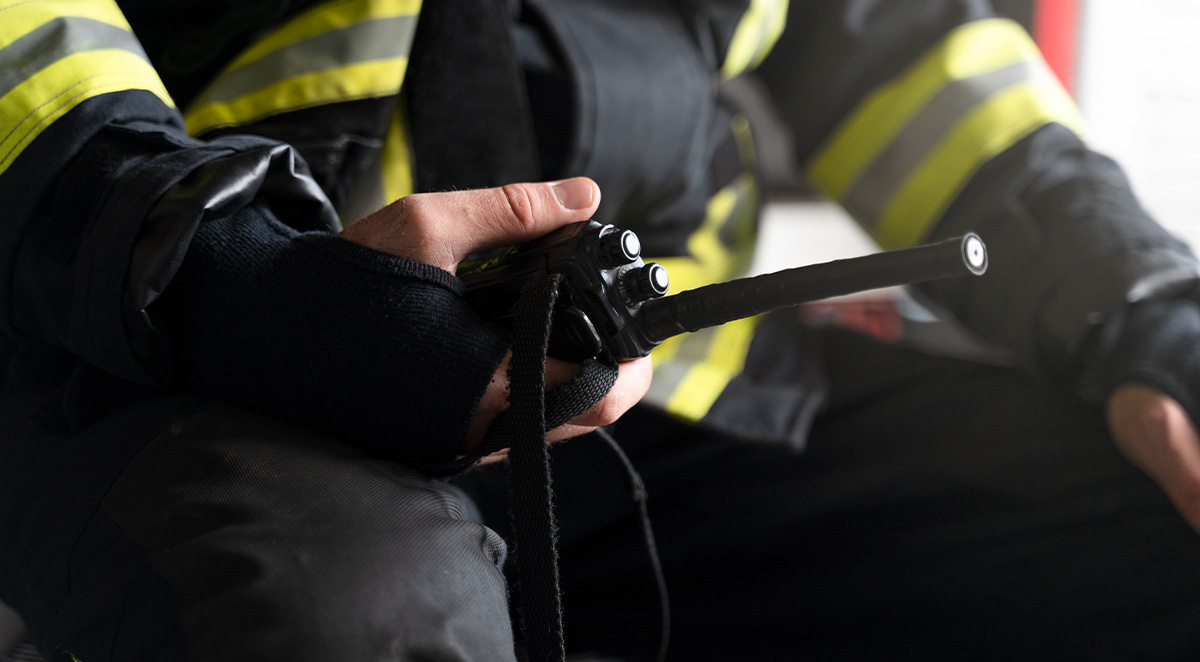News
Fire departments, firefighters, and local governments all understand one hard truth: the unexpected can strike at any time, often in the form of intense and uncontrollable fires. When faced with such challenges, having the right tools on hand can make all the difference.
Firefighters and emergency responders rely on accurate, real-time information to save lives and protect property. The StreetWise® suite of applications is designed to take the fear and unpredictability out of fire response, helping fire departments make fires more manageable.
In this blog, we’ll explore how StreetWise’s advanced technology can transform the way fire departments and local governments respond to emergencies, making every aspect of the job smoother, safer, and more efficient.
As autumn paints landscapes with vibrant hues, the seasonal transition also ushers in a heightened risk of fires, posing significant challenges for both the public and the firefighters dedicated to protecting them.
Fall is characterized by a unique confluence of environmental factors, human behaviors, and the increased use of heating devices, all contributing to a surge in fire hazards. This comprehensive guide will delve into the specific fire dangers that emerge in the fall for homeowners, business owners, and the firefighters who respond to these incidents.
Additionally, we will highlight the critical role of situational awareness in firefighting, emphasizing how tools like StreetWise® can enhance operational safety and efficiency.
Firefighters and paramedics work every day to keep our communities safe. Every time they respond to a call, whether it be a wildfire raging in a remote mountain range, an apartment complex fire, or a vehicle accident, they can immediately be placed in a dangerous situation.
Some situations are very evident, like rush hour traffic on a major interstate near the scene of a wreck or an approaching wildfire that threatens to overtake the fire engine. However, many more threats are everywhere and at times not readily discernible, such as a rattlesnake near the fireline, a hornet's nest, a downed electric pole, or hazardous chemicals smoking in a back room.
During any incident, the primary priority should always be the safety of the crews and the public, and constant situational awareness of all factors is necessary. Still, this can sometimes be very challenging to maintain in an ever-changing incident.
Firefighting is a dangerous business, even on slow days. Firefighters and other emergency responders must always have proper situational awareness on every call from when the dispatch is received until all units are safely back at the station.
Properly utilizing relevant information is crucial to a firefighter's ability to respond to emergencies effectively and safely. StreetWise provides software packages to emergency responders that have been proven effective in assisting firefighters in their jobs.



